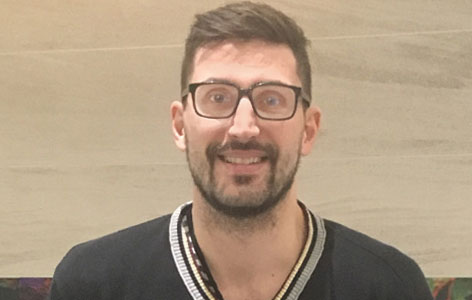
Conference: American Society of Nephrology Kidney Week, October 31-November 05, New Orleans, United States.
Conference Highlight: Personalized medicine and machine learning will revolutionize the way we practice nephrology.
Conference Summary: The Kidney Week planning committee developed and executed an exciting meeting program that included Basic/Clinical Science Sessions, Clinical Practice Sessions, Translational Sessions, and much more. In addition to several courses on precision medicine, they included new Early Programs on advances in clinical research, the dialysis infection crisis, and updates in diabetic nephropathy and related therapies. Furthermore, the industry symposia was comprised of an outstanding group of basic scientists, epidemiologists, and clinical investigators from around the world that presented and discussed the current and future status of personalized medicine and how this can be further advanced by funding agencies and industry.
Recent breakthroughs in medical research relevant to the practice of nephrology were presented at the daily State-of-the-Art Lectures. The following lectures were presented by esteemed researchers and clinicians:
1. Human Engineered Tissues for Dialysis Access. Dr. Laura Niklason, MD, PhD, Yale University.
2. G Protein Coupled Receptors: Challenges for Drug Discovery. Dr.Brian Kobilka, MD, Stanford University and recipient of the 2012 Nobel Prize in Chemistry.
3. Epigenetics at the Crossroad of Genetics and Environment Leading to Disease. Dr. Andrew Feinberg, MD, MPH, Johns Hopkins University.
4. Innate Immunity in Tissue Injury and Inflammation. Dr. Richard Flavell, PhD, Yale University.
My attendance at Kidney Week enabled me to increase my knowledge of the current state of kidney basic research. In particular, I had the opportunity to learn about the development of 3D models, stem cell differentiation, and the ex vivo culture of several renal cell types. I also increased my knowledge on renal immunology and the molecular aspects related to kidney rejection that will be extremely useful for one of my postdoctoral projects. Furthermore, it enabled me to network with important players in the field, such as Dr. Mayer, with whom I will be collaborating to advance the translational aspects of my project.




